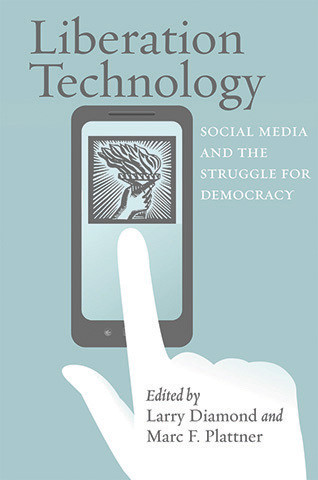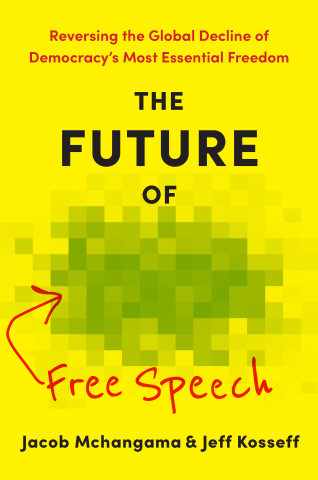
Reviews
[Bailard] has written an outstanding book on democracy and the Internet.. a highly original exploration of the democratic potential of the Internet.
A trailblazing comparative analysis of the effects of Internet use on key political outcomes, Democracy’s Double-Edged Sword makes a bold theoretical argument about contemporary Internet issues and tests that theory with an impressive collection of data. Well written and original, this book will appeal to both students and researchers in the field.
Bailard’s groundbreaking study shows how internet access affects demands for political change. New technologies provide information about the democratic performance of both domestic and foreign countries. An unfavorable comparison of the two reduces satisfaction, which may motivate action. The book offers novel insights on the effects of new technology and the precursors of political movements.
Bailard takes up a deep question about digital media: whether the Internet advances democratic satisfaction. Drawing on surveys and experiments, she presents fresh analysis from around the world showing the contingencies that affect how digital media use shapes citizen satisfaction with government. This ambitious book belongs on the shelf of everyone interested in the comparative study of digital media and democracy.
In Democracy's Double Edged Sword, Bailard takes us from Bosnia to Tanzania to explore the impact of the internet on political communication. Yet she does more than explore, she tests. Her natural experiments reveal how people become more politically cynical using the internet but also how they start to peg their political norms to those of their neighbors. Bailard's book is a must read for anyone interested in how the internet is shaping emerging democracies.
This book offers a sophisticated look at the democratizing effects of the Internet. Playing into the hands of neither the cyber-optimists nor the cyber-pessimists, Bailard skillfully illustrates the contingent nature of the Internet’s effects. Employing country- and individual-level analysis, as well as field experiments, this book makes a major contribution to our understanding of the causal effects of the Internet on a global scale.
Book Details
Acknowledgments
1. Why the Effect of Internet Use on Political Evaluations Matters
2. A Theory of Mirrors and Windows Online
3. Potential Limitations of Mirror-Holding and Window-Opening
4. Determining
Acknowledgments
1. Why the Effect of Internet Use on Political Evaluations Matters
2. A Theory of Mirrors and Windows Online
3. Potential Limitations of Mirror-Holding and Window-Opening
4. Determining the Effect of Internet Use on Democratic (Dis)Satisfaction: The Country Level
5. Determining the Effect of Internet Use on Democratic (Dis)Satisfaction: The Individual Level
6. At the Internet Café: A Test for Democratic Satisfaction in Bosnia and Herzegovina
7. At the Internet Café: A Test for Effects in the Tanzanian Election
8. Both Sides Now: Democratic Reflections and Illusions
Notes
Works Cited
Index





